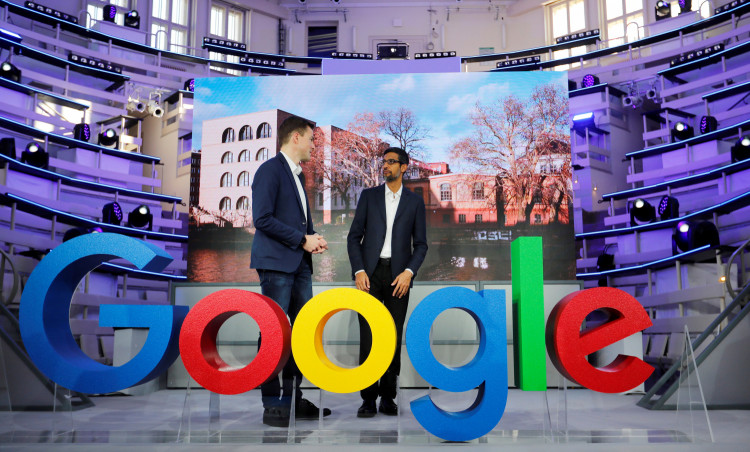Alphabet and Google CEO Sundar Pichai announced Thursday that cutting-edge AI technologies will soon be added to the company's search engine.
Pichai has stated that "in the coming weeks and months," the business will make available the large language model for public consumption.
"Very soon," he said, "people will be able to interact directly with our newest, most powerful language model as a companion to Search, in experimental and innovative ways." This was in reference to Google's dialogue technology LaMDA, which stands for Language Model for Dialogue Applications.
ChatGPT, created by Microsoft-backed OpenAI at the end of last year, is putting pressure on Google. Google has long promoted itself as a leader in artificial intelligence (AI), but its main business remains web search. However, generative AI technologies like ChatGPT may threaten the current model of internet search due to their ability to deliver novel solutions to more complex inquiries.
Word on the street is that Microsoft is mulling integrating ChatGPT features into Bing, its own search engine. It has been reported that Google co-founders Larry Page and Sergey Brin are taking a personal interest in the company's AI initiatives, despite having retired from day-to-day operations at the company in 2019.
To "empower them to discover new possibilities with AI," Pichai noted, the business will also provide "new tools" and APIs for developers, producers, and partners. When it comes to creating, building, and summarizing, he said, "these models are particularly amazing."
Pichai cautioned, though, that it will need to develop carefully since he considers the widespread use of languages to be in their "early days."
According to Refinitiv's earnings and revenue forecasts, the corporation once again fell short of Wall Street's expectations when it reported its quarterly results on Thursday. Both Google's Search and Other revenue and YouTube's advertising revenue dropped by 2%, indicating sluggishness in the advertising industry.
In addition to announcing upcoming search engine improvements, the company also announced plans to reorganize its financial reporting structure for its DeepMind artificial intelligence segment so that it rolls up to Google beginning in the first quarter. Previously, DeepMind had been reported under the Other Bets segment, which included long-payoff projects such as self-driving cars and venture capital investments.
When Google reorganized as Alphabet in 2015, the London-based firm it had acquired in 2014 for over $500 million became part of the Other Bets division. The year 2021 marked the first time DeepMind saw a profit.
According to earlier reports, Google employees asked about the ChatGPT threat during an internal meeting, and Google's Jeff Dean responded by explaining that the company was acting "more conservatively than a small startup" due to the greater "reputational risk" involved in providing inaccurate information.






